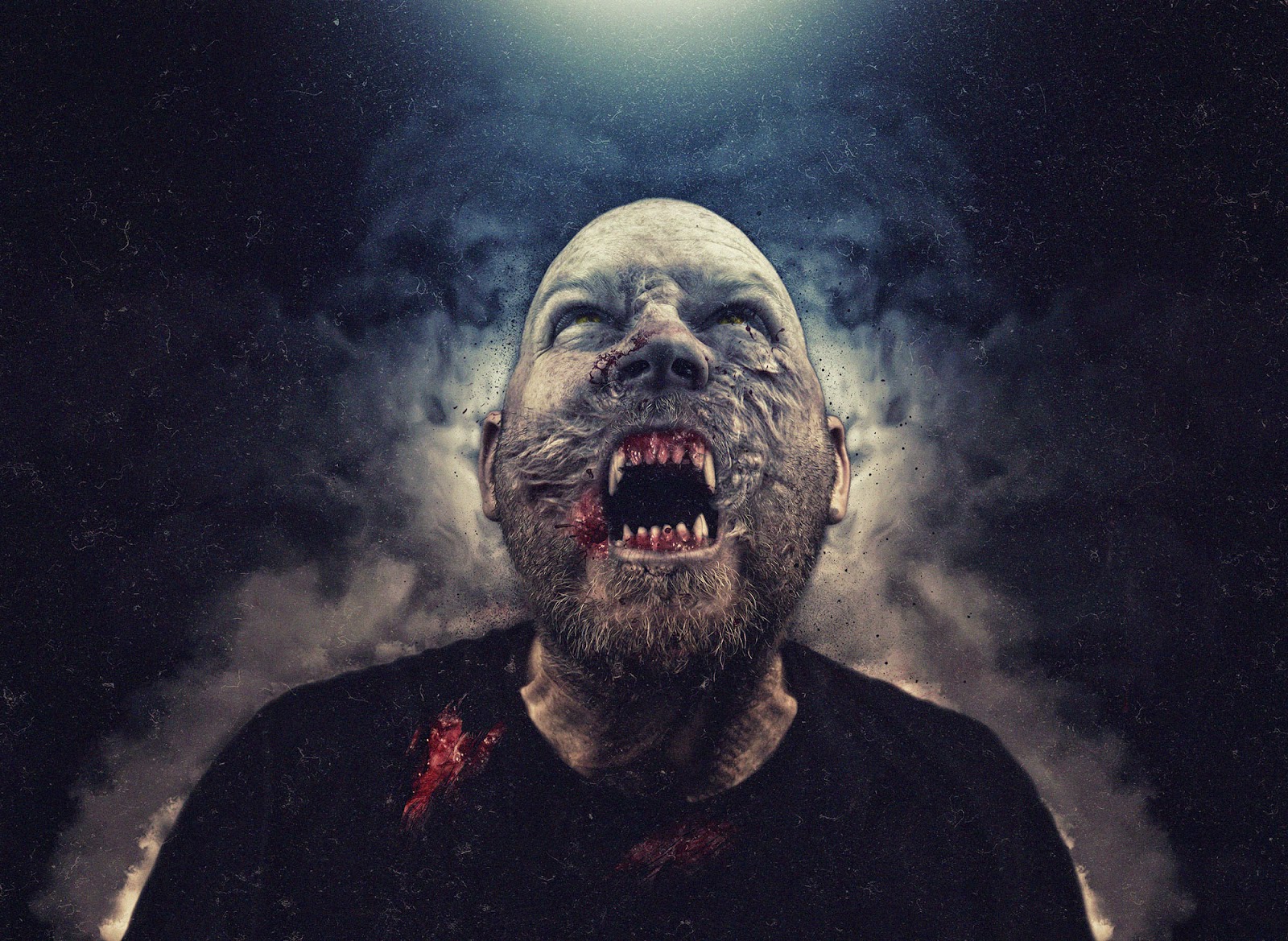 |
| courtesy - ultradialectics (deviantArt) |
Let's focus first on what the word 'good' (and its antonym) qualifies and what it leads to, with regard to behavior, thoughts and in essence the general character and well being of a person.
When we do probe the boundaries of this defining characteristic, we realize that it is mostly, if not completely, the
effect such a quality has on the perceiver or receiver of it that gives it its meaning. To put it more simply, does any action or thought have any quality if it is conceived or executed in a sensory vacuum?
That is, if I were to do something and if no one was affected by or even aware of my action, save me and I decide to associate no quality to it myself, can that action then be called 'good' or 'bad' or any other variation of these two broad parameters?
So, something is good when someone else (doer, perceiver) assigns it that quality. Our perception of the thought or action is what makes it identifiable and as we always do, we then proceed to classify it.
Nature herself does not recognize such qualifications or classifications in motivated actions, except in terms of 'power'. I am simply humanizing nature for the sake of conversation, although that may lead to further confusion down the line, I think.
To rephrase, who or what has power over the existence of something, in whatever form, is the only way we can quantify something '
naturally.' Is a predator killing a prey a good or a bad action or simply an action with no moral clauses or conditions attached to it?
The funny thing here is that while we are capable of recognizing this in other animals, we have tuned it out of our own frame of reference when it comes to such behavior patterns in us.
For example, when we see a tiger stalking, hunting and killing its prey on a 'nature show' on the television, we pause and admire its agility, strength and beauty. We marvel at its design and praise a humanized version of nature (mother nature) for her creative genius.
But in the next instant, if we switch channels and happen to catch a glimpse of a news item about some horrific abuse inflicted on a person by another, we immediately chastise the doer of the act and curse him or her for their cruelty. We wish for 'justice' and relish in the thought of apt punishment.
Often in such instances, the victim and the doer are stripped of their humanity - they are made into one dimensional characters. The victim is idolized as the 'innocent' and the 'fragile'. The doer of the act is now the representation of all that we hate within ourselves. He or she is 'evil' and 'sadistic'.
Why do we refuse to see the paradoxical nature of morality here?
I believe it is because the 'moral system' which we have imposed on ourselves creates a conflict in us. It brings about a turmoil of motivations and instincts that stifles us and binds us to our suffering.
We are put in a constant state of "I really
want to do that or I
need to do this
but... I
can't because what would that make me or what would
they think of me."
We are forced to live with the instinctual and inherent knowledge that we are neither 'good' nor 'bad' but we are forced, in essence, to pick sides in the longer run. With each decision, the burden of living according to some vague standard set by an abstract entity or living up to a standard of behavior and conduct set by us on ourselves warps our existence on this planet.
Thus, shackled in non existent concepts posing as truths, we are born and raised as caged animals who prize complacency over inquiry and mistake the avoidance of overpowering fear and grief as attainable joy. Plagued by doubts though, we must, at many twists and turns on the long road face the beast within..
Please wait for Part IV...



